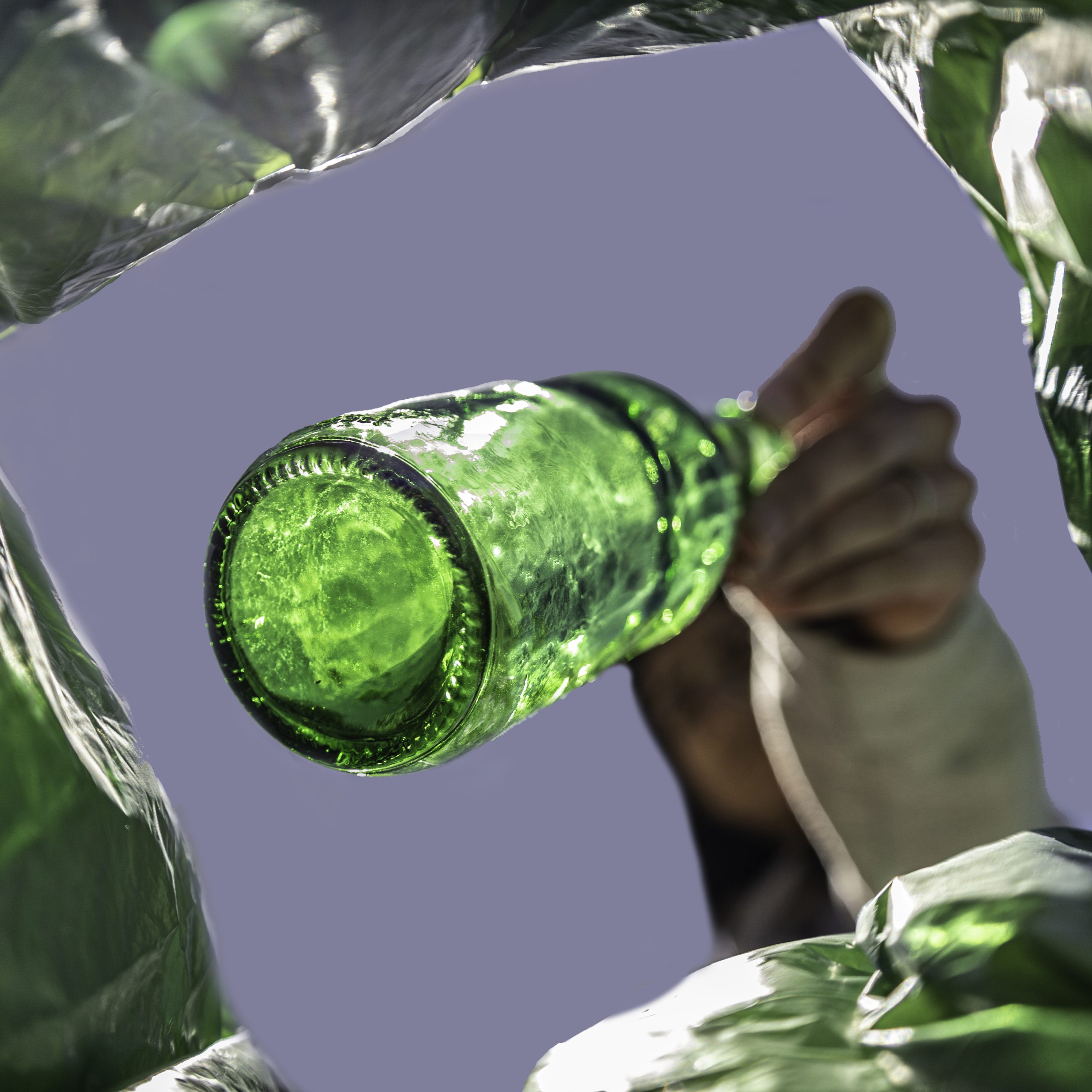Yara outlines strategy for reducing plastic use

Yara said in a news release on Monday that in 2023 it has been introducing packaging made with at least 30% recycled plastic right across Europe.
The Norwegian chemical producer added that in 2030 it wants the carbon footprint of its packaging materials to be 40% lower than it was in 2021.
Yara, which noted that current levels of plastic pollution have caused an environmental crisis of planetary proportions, said that there are four key components to its plastic-reduction strategy.
The first of these is using recycled plastic. The company said that in Europe this will reduce virgin plastic use by 3,000 tonnes per year and prevent the production of 6,000 tonnes of C02e. Similarly, it said, in Brazil the development of 100% recycled PET big bags will allow it to replace 2,000 tonnes of virgin plastic, resulting in a 4,000 tonne per year reduction in greenhouse gas emissions.
Second, it indicated that it will continue to refine the design of its packaging with a view to ensuring that all of the material becomes recyclable.
Third, it stated that it is working to reduce the amount of plastic packaging material used per bag. It stressed that it is doing this by optimizing specifications without in any way vitiating the quality. Yara said, for instance, that in Thailand its use of a special fabric called Light and Strong has eventuated in a superior product while saving around 150 tonnes of virgin plastic per year.
Finally, Yara said it is collaborating with other parties in the value chain to influence the way its plastic packaging is produced and how it is handled after use.



